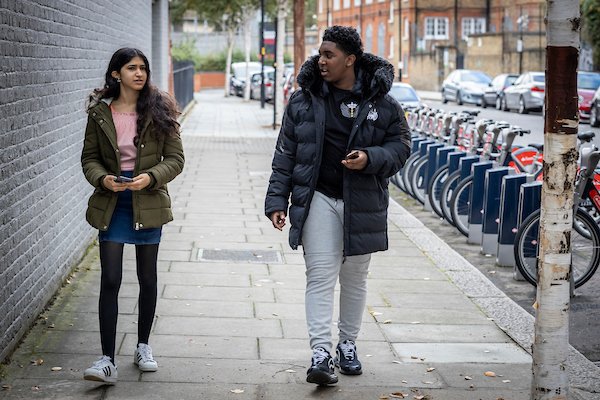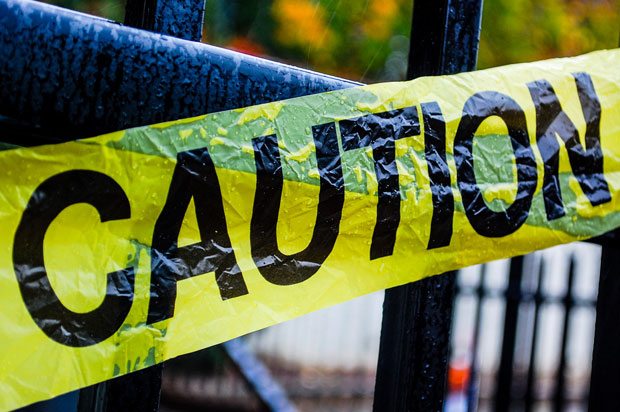Police complaints

The police are there to serve the community and maintain law and order whilst protecting us against crime. Or at least that’s what is says in their job description. But, let’s be honest here, they don’t always behave like squeaky-clean pillars of society. So if you think you’ve been treated unfairly, don’t be afraid to use the police complaints system. There are policing standards and processes in place that are there to stop the police acting unlawfully. Thinking about making a complaint against the police? Here’s how to do it.
When should I complain about the police?
You can complain if you see a police officer or member of police staff doing anything they shouldn’t be doing. It doesn’t even have to be done to you – you can complain on someone else’s behalf if they give you written permission.
Common reasons for making a complaint against the police:
- When an officer has behaved inappropriately towards you, for example being rude or aggressive
- When you have seen an officers acting inappropriately, such as drinking alcohol whilst on duty
- When you believe an officer has abused their power or taken advantage of their role
- When you have been negatively affected by an officer’s behaviour
So it pays to know your rights well in the first place. Take a look at our articles on UK arrest rights and stop and search rights for more info.
How to complain about the police
There are all sorts of ways of letting them know you’re unhappy:
You can fill out a complaints form on your local police force website; this is the simplest way to make a complaint. Links to the local websites can be found on this page.
You can ring your local police force, or go down there in person and ask to speak to the duty officer.
You can write to the police force’s Professional Standards Department.
If the complaint is very serious, or if you disagree with the result you’ve already had, you can fill out an online form and complain via the Independent Office for Police Conduct (IOPC), or you can contact a solicitor or MP who can make a complaint on your behalf. See our article on how to contact your MP.
If you want legal advice, you can get it for free at your local Citizen’s Advice Bureau.
Will they think I’m overreacting?
Don’t let people tell you it’s not worth making a complaint against the police, they WILL take your complaint seriously. Even kicking off about something minor, such as rudeness, reminds them that they answer to their community and it’s their community that defines what acceptable standards of professional behaviour are.
What will happen if I’m successful?
Depending on the level of complaint, any of the following actions can result from the complaints process:
- A stern word from a senior officer.
- A warning.
- A formal caution.
- Loss of pay.
- Loss of rank.
- Requirement to resign.
- Dismissal.
Disciplinary action can be taken against a police officer if it can be proved that they’ve breached the code of conduct. If a police officer has broken the law themselves, they may well be prosecuted.
If a police officer has breached standards of professional behaviour, they might face a misconduct hearing. At the hearing, the facts of the case will be presented and the officer involved will have the opportunity to explain their conduct and the circumstances surrounding the allegation. Misconduct hearings are held to present the facts of the case and allow the person to give an explanation of their conduct and the circumstances surrounding the allegation. Witnesses may also be called to give evidence.
What can I expect as a resolution?
- An apology.
- Information or an explanation to clear up a misunderstanding.
- A letter explaining what has been done following your complaint to prevent it happening again and how the police force has learnt from it.
- Action by a manager to change the way an officer or staff member behaves.
If you disagree with the end result then you can appeal to the IOPC.
Anything else I can do?
Most complaints lead to a local investigation with the area’s chief officer. However, more serious complaints will be investigated by the IPOC. If your complaint is serious enough to warrant legal action you should talk to a specialist solicitor.
Chat about police complaints on our discussion boards.
Next Steps
- Chat about this subject on our Discussion Boards.
By Holly Turner
Updated on 03-May-2023
No featured article









